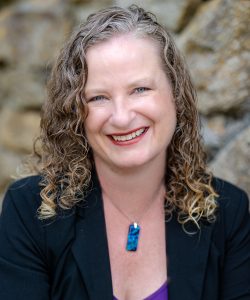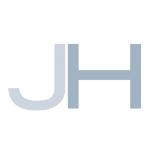Don’t Assume Nothing (Part 1)
“Don’t assume nothing.” That was a statement I learned at a relatively young age when I took flying lessons for a couple of years in high school. Instructors used it with student pilots during preflight checks. Their point? Don’t do the preflight from memory. Always use the checklist. Always. No exceptions. For them, it was a safety thing, a potential matter of life and death.
That very same statement can apply in one of two ways: in our everyday lives and in our plans for our lives. I’ll talk about the latter in my next post.
How does it apply to our everyday lives? It can be vocational or professional. Many of us, myself included, work in jobs where standard operating procedures or checklists are the norm. At my day job, my coworkers and I work with federal and state funding and lots of it. Most of my coworkers are engineers who review engineering reports as well as engineering plans and specifications as well as the paperwork that comes with receiving funding. They use a myriad of checklists to ensure they complete everything properly. It also ensures a clean audit by state and federal regulators. Overall, “don’t assume nothing” is a mantra that is critical to our work.
Students may not have a vocation at that point in their lives, but the “don’t assume nothing” principle can apply in their lives as well, especially as they make the transition from high school to college. During my first semester in college, I had registered for a religion class and quickly realized it wasn’t my favorite. It was also the class where I had my first test. I assumed that two hours of studying would be plenty sufficient to earn an A on it, just as I had in high school. I ate a piece of humble pie when I got a D. What a wake-up call! I had to study—really study—if I was going to get through college.
Finally, “don’t assume nothing” can apply when life gets really, really busy. Christmas. End of school year. Summer vacations. Planning for a wedding. Events happen in our lives where we can’t just assume life will take care of itself. We have to plan. Somehow. Otherwise, we look at the end product (vacation, graduation party, Christmas celebration, wedding weekend), and we can get overwhelmed. While checklists can carry us through, they may do more to overwhelm than to ensure that we get things done. I’ve learned to take it day by day. Take care of today. Tomorrow will have to take care of itself.
About those flying lessons. Did I use that preflight card? You bet. Am I glad? You bet. It ensured the plane was in good working order, and that saved my skin on at least one occasion.
Question: In what ways have you made assumptions where you shouldn’t have?




No Comments